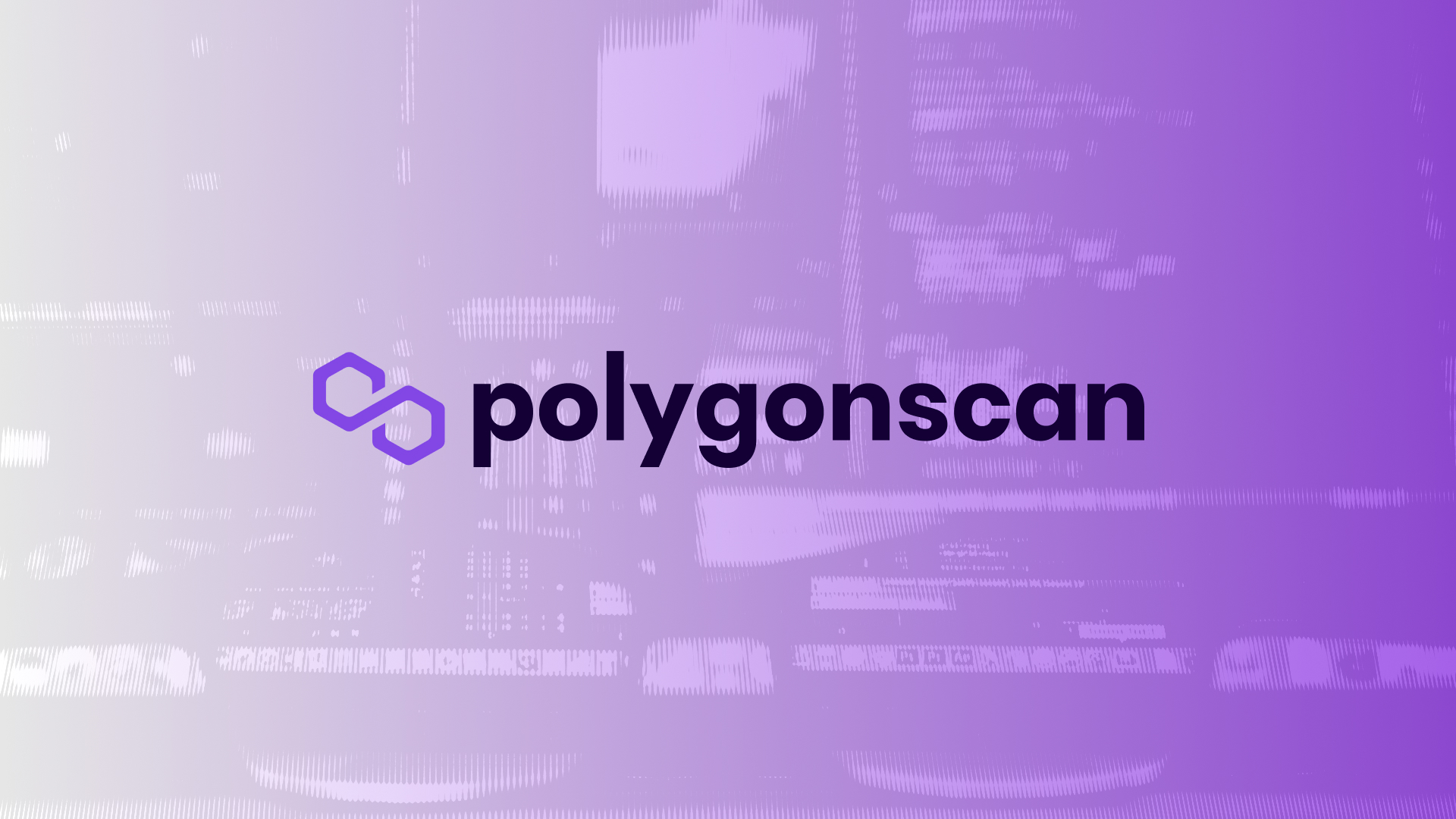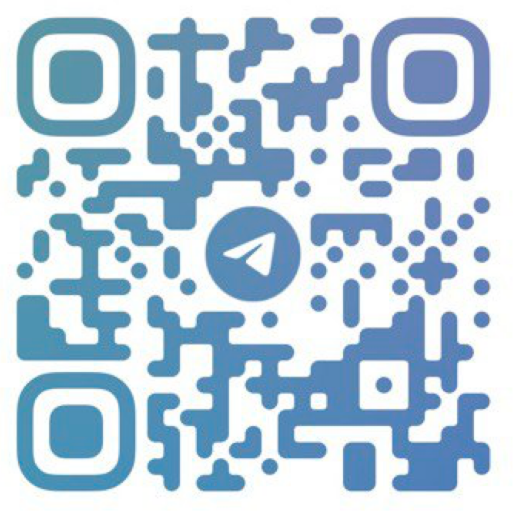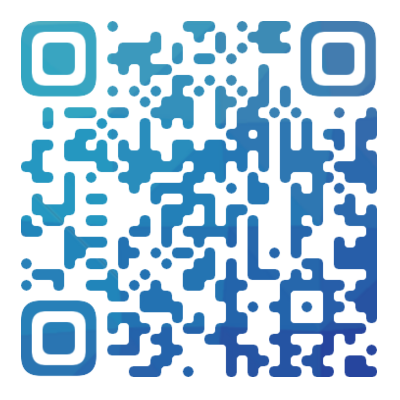










PolygonScan Translation site
Polygon is a global and sustainable Web3 infrastructure built on top of Ethereum.
Tags:block explorer blockchain explorer Polygon Smart China PolygonScanPolygonScan - Block Explorers - Coinnav.io

What is PolygonScan?
Polygon(formerly known as Matic Network) was founded in 2017 and is a protocol and framework for building and connecting Ethereum-compatible blockchain networks. The company was founded by Jaynti Kanani, Sandeep Nailwal, Anurag Arjun, and Mihailo Bjelic. This platform, based in India, is an open-source project built by a decentralized community of contributors from around the world. The framework combines Ethereum and sovereign blockchains into a multi-chain system. This multi-chain system, similar to other projects like Polkadot, Cosmos, and Avalanche, operates alongside the Ethereum ecosystem.
Your Go-To Source for the Latest News and Tools in the Blockchain Sector - Coinnav.io
How does PolygonScan Work?
Polygonscan Platform: The core component of Polygon is the Polygon SDK, which is a modular framework that supports the development of various types of applications. Polygon is a platform that enables second-layer (L2) Ethereum scaling and blockchain-based infrastructure development. Its product suite provides developers with all major scaling and infrastructure solutions, including L2 solutions such as ZK-rollups and Optimistic rollups (OR), sidechains, hybrid solutions, standalone and enterprise chains, data availability solutions, and more. Here are some statistics about Polygon's solutions.
- Adopted by over 7,000 hosted applications
- Processed transaction volume exceeding $1 billion
- 2.67 million monthly active users (as of February 2022)
- Approximately 130 million unique user addresses
- Total value locked (TVL) of $5 billion in assets
PolygonScan Features
Polygon Network provides various features:
- Ethereum Compatibility: Mature technology stack, tools, languages, standards, and enterprise adoption.
- Scalability: Dedicated blockchain, scalable consensus algorithms, and custom Wasm execution environments.
- Security: Modular security-as-a-service (SECaaS) facilitated by Ethereum or professional validators.
- Sovereignty: Dedicated throughput and resources, fully customizable technology stack, and sovereign governance.
- Interoperability: Native support for arbitrary message passing (such as a token or contract calls) and bridging with external systems.
- User Experience: Comparable to Web2, gasless transactions, and instant (finalized) transaction settlement.
- Developer Experience: Equivalent to Ethereum, no need for protocol-level knowledge, token deposits, fees, or permissions.
- Modularity: Customizable, scalable, upgradable, and community collaboration.
The Circulation of the Polygon (MATIC) Token
The MATIC tokens are issued on a monthly basis. As of March 2022, the circulating supply of MATIC is 4,877,830,774 MATIC tokens, with a maximum supply of 10,000,000 MATIC tokens. In the initial private sale in 2017, 3.8% of the maximum supply of MATIC tokens was issued. In the company's launchpad sale in April 2019, an additional 19% of the total supply was sold at a price of $0.00263 per token, generating $5 million. The original release schedule for Polygon planned to release all the tokens before December 2022. The allocation of the remaining MATIC tokens is as follows:
- Team Tokens: 16% of the total supply.
- Advisor Tokens: 4% of the total supply.
- Network Operations Tokens: 12% of the total supply.
- Foundation Tokens: 21.86% of the total supply.
- Ecosystem Tokens: 23.33% of the total supply.
PolygonScan Advantages and Disadvantages
Polygon's advantages include:
- Fast transaction processing: By utilizing a consensus mechanism that finalizes transactions within a single block confirmation process, Polygon is able to maintain a fast transaction processing speed. The average block processing time on Polygon is 2.1 seconds.
- Low transaction fees: Polygon has consistently kept its transaction fees at a low level. Typical transaction fees on Polygon are around $0.01, allowing users to transact at a lower cost.
Polygon's disadvantages include:
- Not a standalone blockchain: Polygon operates as a layer 2 solution built on top of the Ethereum platform. This means that if the Ethereum platform experiences severe disruption or ceases to exist, Polygon could potentially lose its value.
- The limited use case for MATIC: The MATIC token is designed for governing and securing the Polygon platform and paying transaction fees. Unlike some cryptocurrencies, MATIC is generally not used for everyday purchases.







